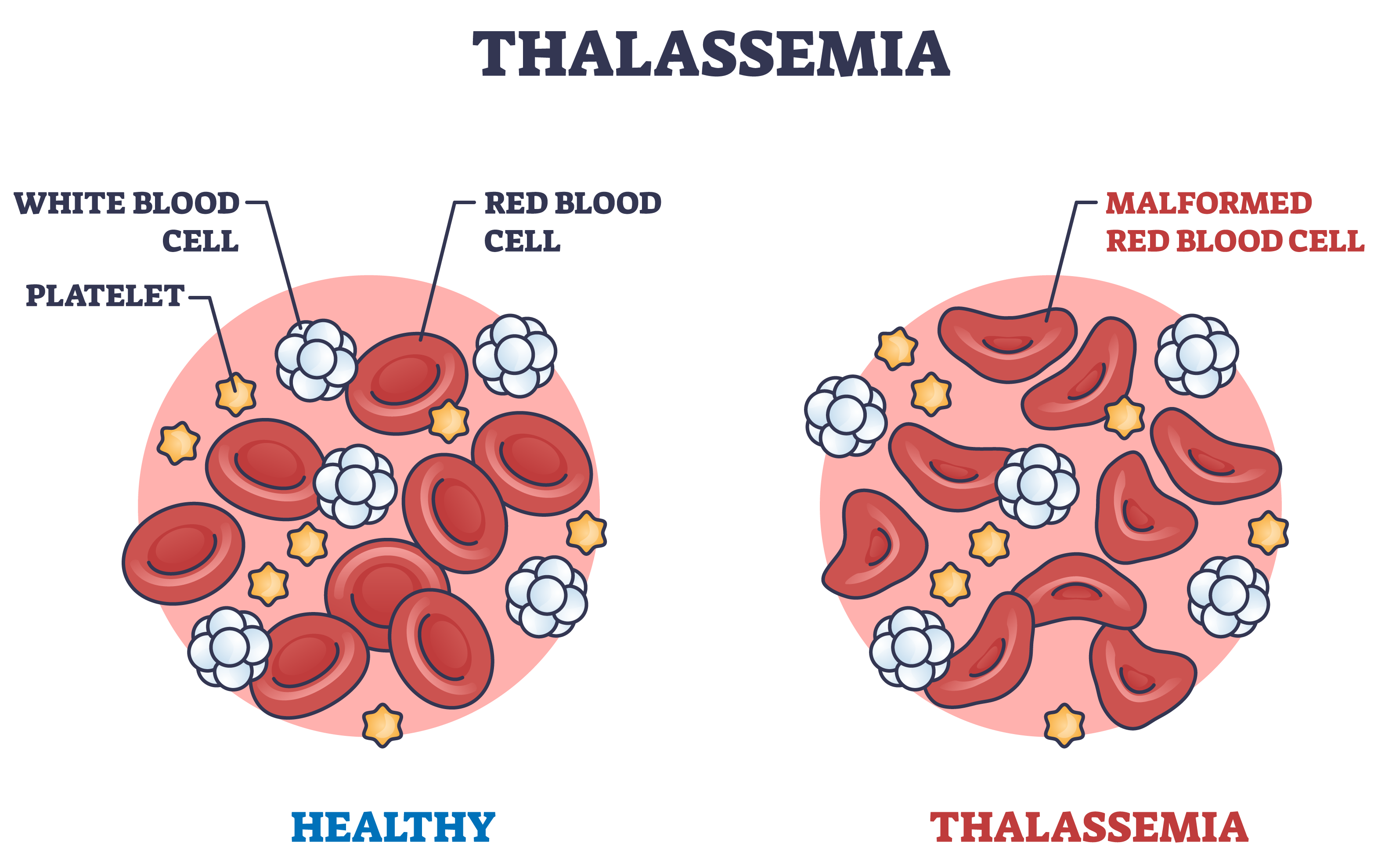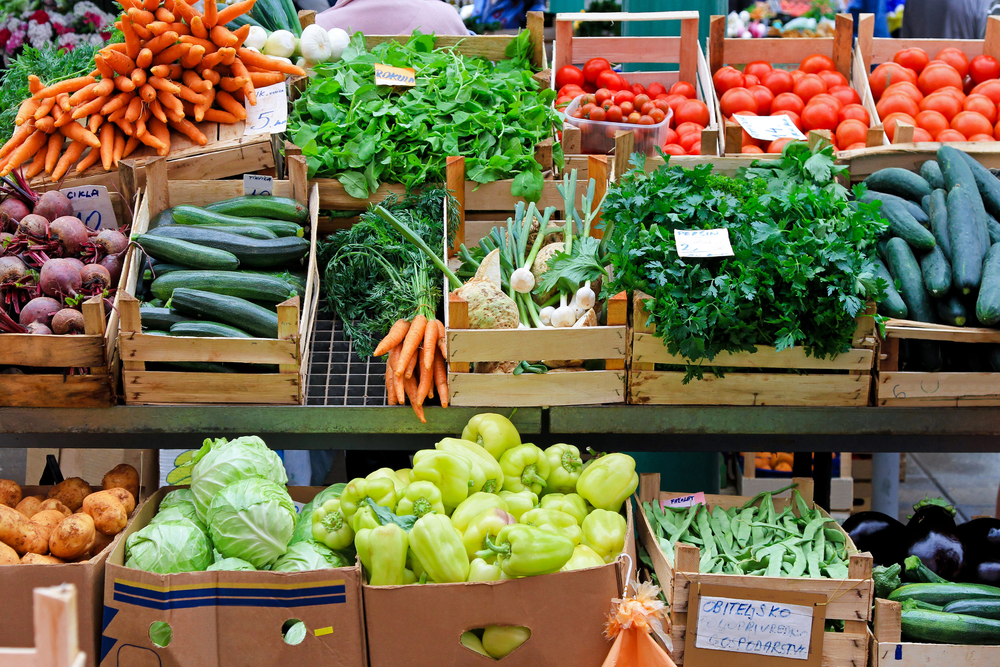Global trends such as the increase in the human population, land scarcity, and climate change put new pressures on global food security. In addition to that, pandemic turned out to be the game-changer in transforming our food system since the food value chain, and livelihoods of farmers are affected adversely.
One way to avert these food crises is urban farming. Wouldn’t you be thrilled to discover an urban agriculture setting in your city where food reaches your plate from the rooftop?
Urban farming has been kickstarted in many countries such as Canada, New Zealand, the United States, and Australia and Lufa Farm is a real-life success story in urban farming.
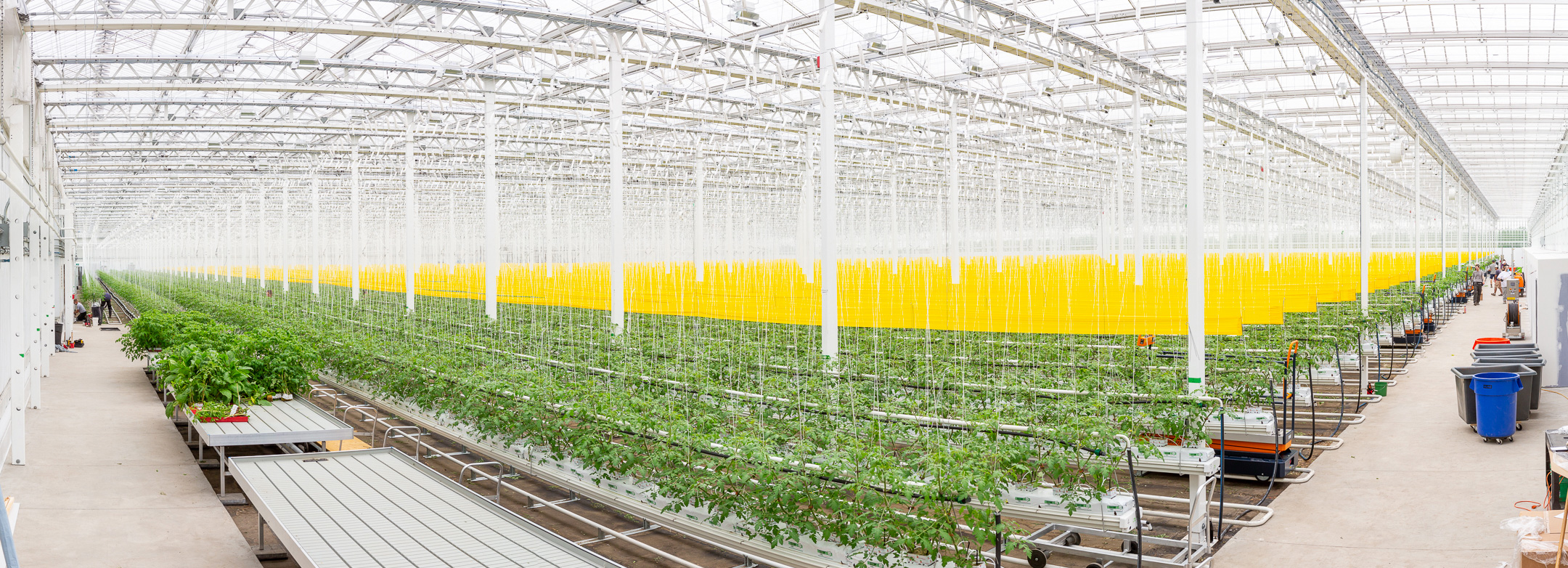
Lufa Farms opened its world’s biggest rooftop greenhouse in Montreal, spans 160,000 square feet or equals to three football fields. Since 2011, Lufa Farm has grown more than 100 varieties of vegetables, and its mission is to cultivate a sustainable way of living by growing food in an urban living style.
“We want to reinvent the food system,” said the creators of the project, Lebanese-born Mohamed Hafe and his wife, Lauren Rathmell.
They also emphasised that rooftop farmers are not meant to replace local farmers but to create a healthier food system and feed the urban communities. Lufa Farm can feed 10,000 families from their weekly harvest of vegetables grown in hydroponics method without using pesticides. All the plants are nourished with liquid substances, and insects take care of pollination.
Lufa Farm practices zero waste by implementing a water system that collects and reuses rainwater. As a result, the water system saves up to 90 per cent of water compared to the traditional farming method. In fact, they have double solar panels and two sets of energy-saving screens.
“The vegetable sales doubled during the coronavirus pandemic through Lufa Farm’s contactless delivery”, said Thibault Sorret, spokesman of Lufa Farms. Pandemic brought them opportunities to expand their business and provided more job opportunities for people who were struggling during the crisis.
Sorret also explains that this rooftop garden is an asset during harsh Quebec winter by allowing substantial savings in heating because a lot of energy from the building below could be recovered. They also deliver the vegetables efficiently to various city businesses, stores, shops, and restaurants. This reduces the distance the food has to travel and match consumers’ demand more effectively.
Lufa Farm’s success in this business has made its competitors pick up their idea and construct greenhouses too. Gotham Greens, a US company, has built eight greenhouses on roofs in New York, Chicago, and Denver, founded in 2009.
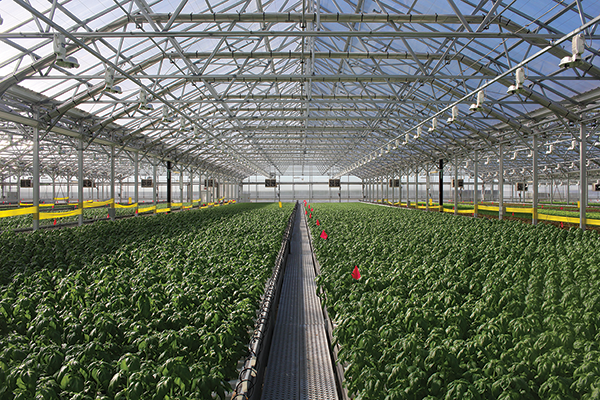
Urban farming is, in fact, highly innovative and would you believe it has the Internet of Things (IoT) components? Blockchain Domes is a patented system that uses excess heat from computer servers to provide optimal thermal conditions for greenhouses in colder climates. Another system called Farmhouse is a modular housing system suitable for vertical stacking that enables all residents to grow food.
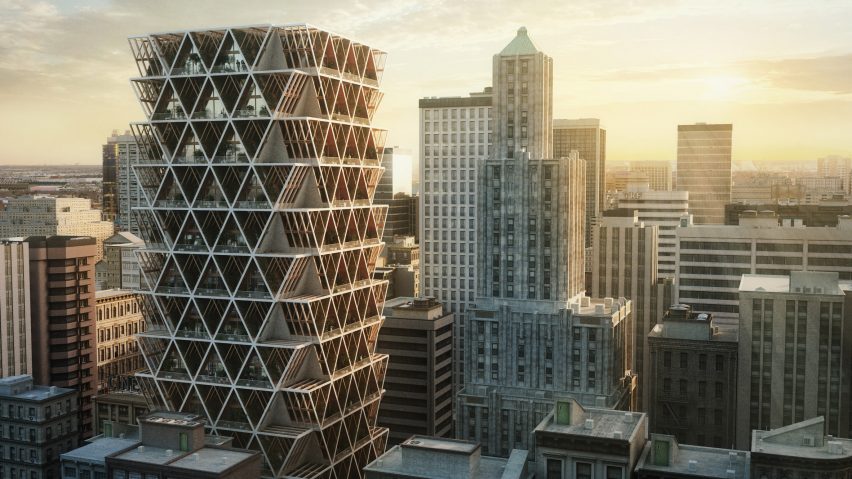
Urban farming might sound very futuristic, but this may very well be part of our lifestyle soon for sustainable food production. Are you excited to be an urban farmer too?


